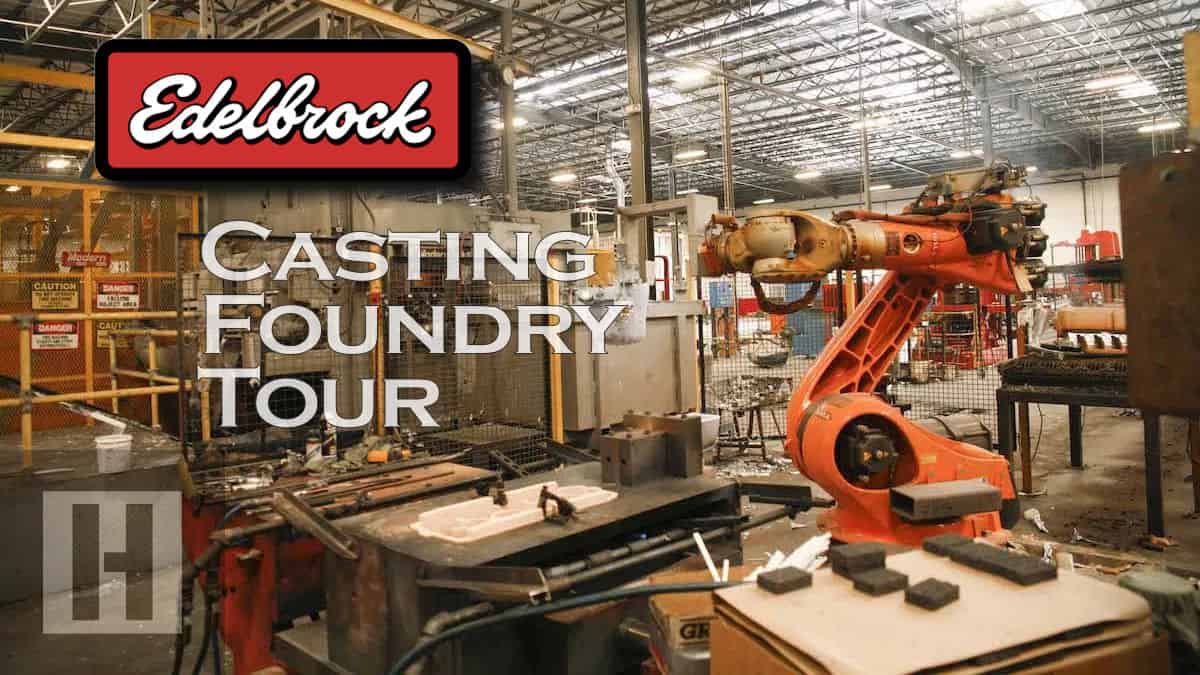Casting is a process of shaping liquid metal into a solid form. This process is often used in the creation of precise, complex shapes that would be difficult or impossible to produce using other methods. Foundries are facilities that specialize in casting and other metalworking processes. In this blog post, we will explore the basics of casting and the important role that foundries play in the manufacturing process.

The Casting Process
The casting process involves several steps, including:
1. Pattern Making: A pattern is created based on the desired shape of the final product. The pattern is made from a material such as wood, plastic, or metal.
2. Molding: The pattern is placed in a mold, which is filled with a material such as sand, plaster, or ceramic. The mold is designed to allow the liquid metal to flow into it and take on the shape of the pattern.
3. Melting: The metal is melted in a furnace and brought to a temperature that allows it to flow into the mold.
4. Pouring: The molten metal is poured into the mold, where it solidifies and takes on the shape of the pattern.
5. Finishing: After the metal has solidified, it is removed from the mold and finished to the desired specifications. This may involve cutting, grinding, or polishing the surface.
Foundries
Foundries are facilities that specialize in casting and other metalworking processes. They typically employ skilled workers who are trained in the art of casting and have experience working with a variety of metals. Foundries can produce castings in a wide range of sizes and shapes, from small parts used in consumer products to large components used in industrial machinery.
There are several different types of foundries, each specializing in a particular type of metal or casting process. Some of the most common types of foundries include:
1. Ferrous Foundries: These foundries specialize in casting iron and steel. They are typically large facilities with advanced equipment and highly skilled workers.
2. Non-Ferrous Foundries: These foundries specialize in casting metals such as aluminum, copper, zinc, and brass. They may use different casting processes than ferrous foundries, such as die casting or investment casting.
3. Investment Casting Foundries: These foundries specialize in investment casting, which is a process that involves creating a wax pattern that is coated in a ceramic shell. The wax is then melted out, and the shell is filled with molten metal. Investment casting is often used to create highly detailed, complex shapes.
4. Sand Casting Foundries: These foundries use sand molds to create castings. Sand casting is a relatively simple process and can be used to produce large, bulky shapes.
Conclusion
Casting is an important process in the manufacturing of many products, from consumer goods to industrial machinery. Foundries play a vital role in the casting process, using their expertise and advanced equipment to produce high-quality castings in a wide range of sizes and shapes. If you are looking for a reliable and experienced foundry, be sure to look for one that specializes in the type of casting process and metal that you need.